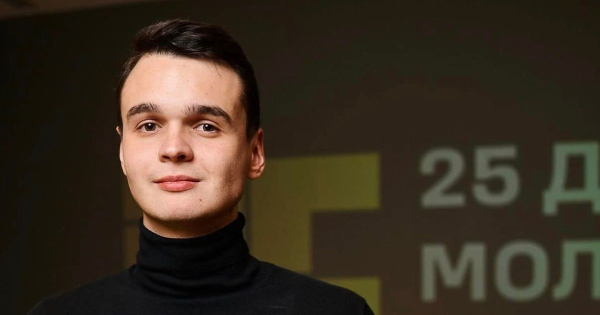
Slovakia is gearing up for a pivotal national parliament election on 30 September after enduring five years of political turbulence and upheaval marked, in particular, by the death of a journalist.
The period of instability was sparked by the shocking murder of investigative journalist Ján Kuciak in early 2018, which led to widespread public outrage and protests, ultimately forcing then-prime minister Robert Fico (Smer/S&D) to resign. Since then, Slovakia has witnessed four prime ministers and extreme volatility in polls.
Following Fico’s resignation, Peter Pellegrini took over as prime minister, though he later split from his party, Smer, to form his own social democratic party called Hlas (S&D),
In the 2020 election, Matovič’s centre-right OL’aNO (EPP) party emerged victorious, forming a right-of-centre government coalition with libertarian SaS, now SASKA (ECR), right-wing Sme Rodina (ID), and centre-right Za ľudí (EPP).
However, Matovič’s chaotic governing style and mishandling of the COVID-19 pandemic resulted in significant coalition infighting and a decline in popular support.
Today, the Europe Elects polling average sees the multiparty list around OL’aNO at 6%, which is not only a whopping 19 points below what OL’aNO won in 2020 but also below the 7% threshold for lists that involve two or three parties.
Za ľudí’ faces a wipe-out, polling at less than 1%. Sme Rodina is set to tumble from 8% to 5.5%, dangerously close to the 5% for single-party lists. SASKA would remain at a weak 6%.
In March 2021, both SaS and Za ľudí threatened to leave the government unless Matovič stepped down. Eventually, Matovič agreed to swap positions with his party’s deputy leader, Eduard Heger, who took over as prime minister. However, this change did little to quell tensions within the coalition, as smaller parties continued to claim that Matovič was still effectively running the government behind the scenes.
In September 2022, SaS (which had absorbed most of the Za ľudí MPs by this point) once again demanded Matovič’s resignation, and, when he refused, SaS ministers resigned, causing Heger to lose his parliamentary majority.
A few months later, SaS played a crucial role in toppling the Heger government through a successful vote of no-confidence, paving the way for the upcoming snap election. Heger continued serving as prime minister for several months before being replaced by a technocratic caretaker government led by L’udovít Ódor in May 2023. During this period, Heger established his new centre-right Demokrati (EPP Group in the EU Parliament) party, which is now polling at 2.8%.
Fico is now leading the polls with 21%, a slight increase of three points compared to 2020. However, he will not win an outright majority, and the path to a majority government coalition seems rocky: Smer and the Eurosceptic parties of SNS, Republika and Sme Rodina would only win 73 seats, as per current polls, while 76 are needed for a majority.
An alternative centrist coalition under the liberal PS party, now polling at 16% (+9.0), also faces thresholds.
This option, currently polling at a two-seat majority, would require Hlas, the Christian Democrats (EPP), and SASKA as junior partners.
While this more liberal coalition might align with EU policies, especially regarding Ukraine, it could face challenges in reaching a consensus on other issues. The coalition must accommodate both the economically left-wing Hlas and the libertarian SASKA. Social issues also present obstacles, with PS advocating for same-sex marriage while KDH adamantly opposes even discussing civil unions.
(Tobias Gerhard Schminke | Europe Elects)
Read more with EURACTIV

EU elections: Le Pen’s niece to run new far-right list against immigration and ‘Islamisation’A new far-right list will contest the 2024 European elections in France, led by former MP Marion Maréchal, under the colours of Éric Zemmour’s party, Reconquête!.
Source: euractiv.com



